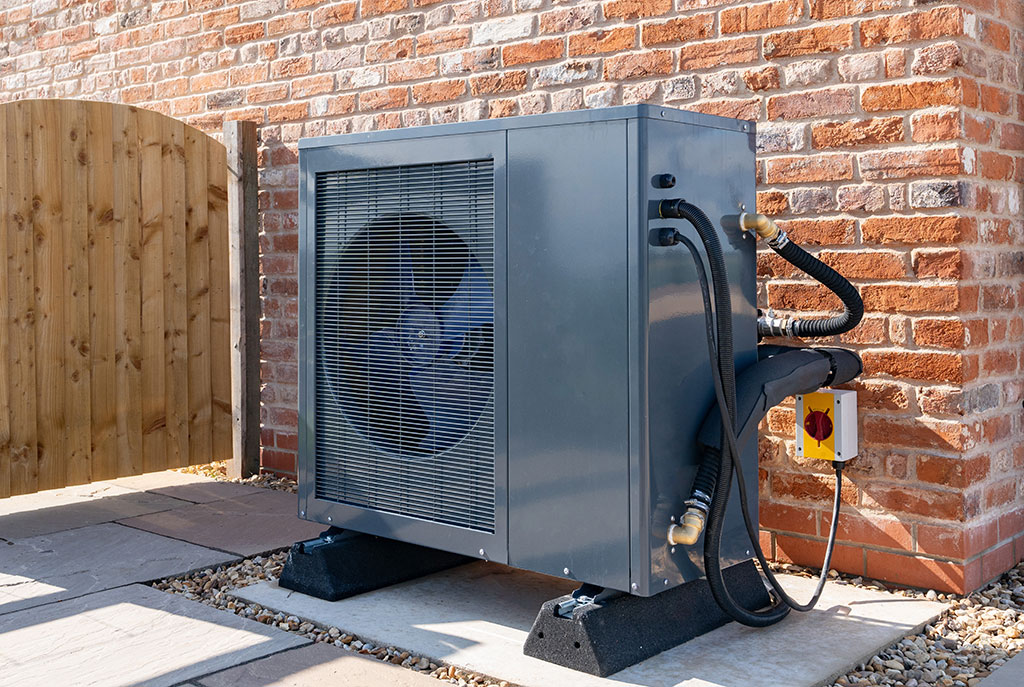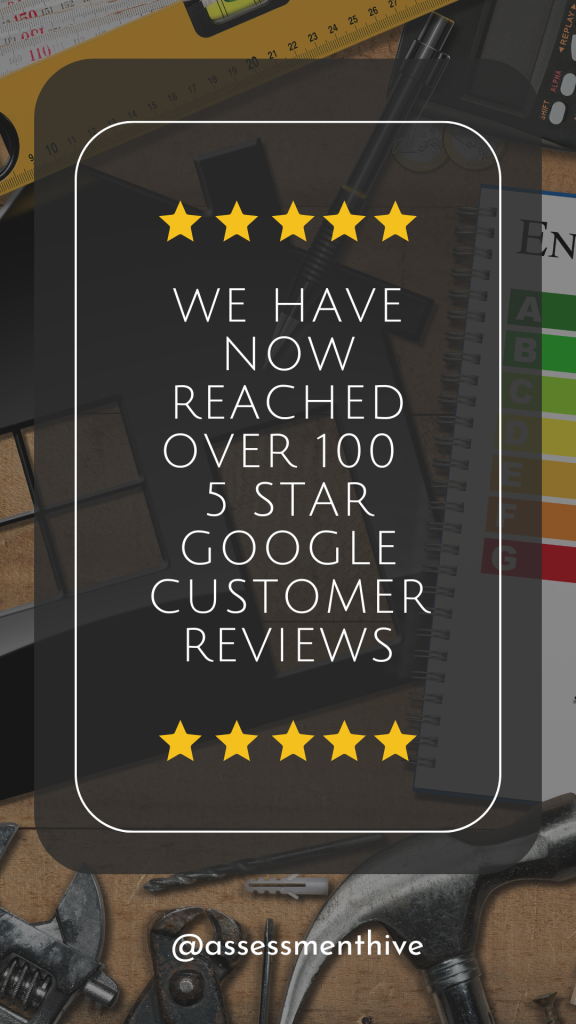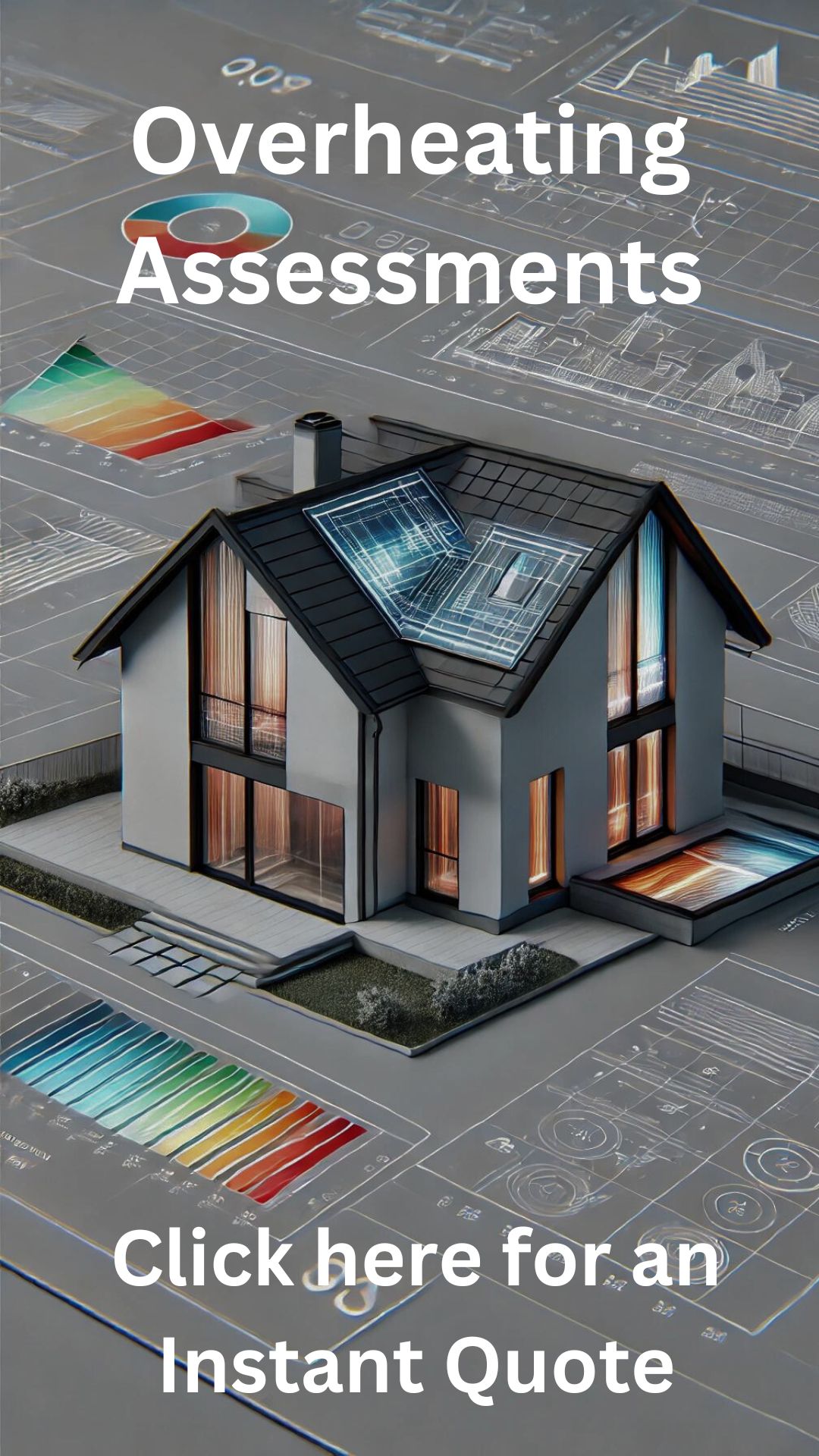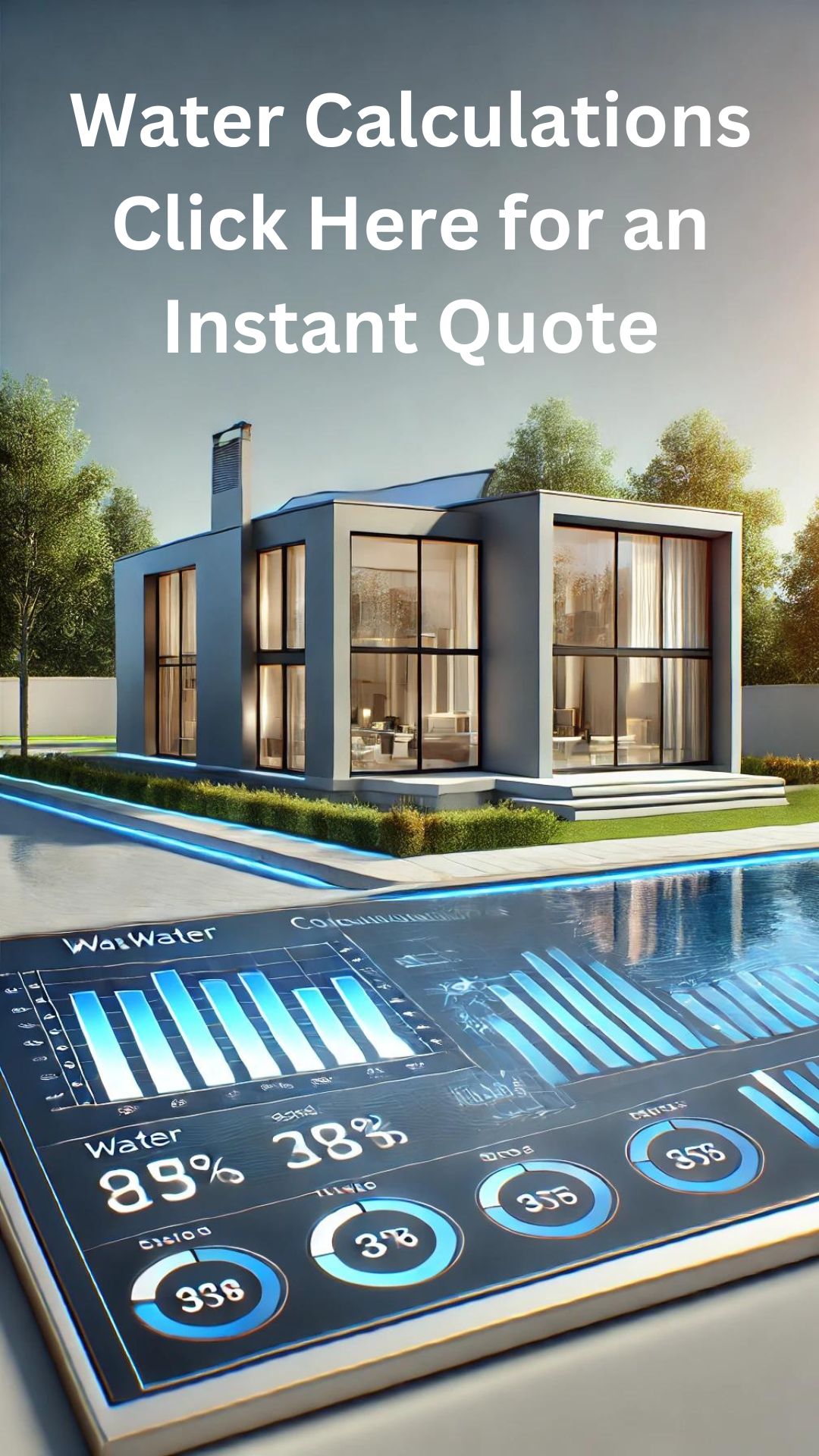As part of the drive towards the UK reaching its target of Net Zero carbon emissions, the Government has been encouraging people to switch to heat pumps. But how do they work – and will they bring any benefits, such as an improved Energy Performance Certificate rating?
Assessment Hive, who can supply a new-build SAP EPC for any residential or commercial property across the UK, have been looking into the issue.
How Heat Pumps Work
Heat pumps are usually either of the ground source or air source variety; in both cases they use pre-existing heat which occurs naturally in the ground or the air. The pump takes this heat and raises its temperature before transferring it to your central heating system.
This involves the use of a liquid chemical which turns into a hot gas via compression. The gas then releases its heat into your central heating and hot water systems, warming your home. When the gas cools down, it turns back into a liquid, and the process can begin again.
Air source heat pumps can be fitted as units onto the side of a house; with ground source pumps you will need a network of pipes (and the space to do it, such as a garden) to make the whole process work.
The Government Position
The Government has decided that all new-build properties should be fitted with heat pumps from the end of this year onwards, as part of the new Future Homes Standard. For existing homeowners, the pumps aren’t compulsory. However, the Boiler Upgrade Scheme encourages people to make the switch from combustible forms of fuel, such as oil or gas, by offering grants of up to £7,500 to cover the cost of installing a pump.
You need an EPC if you are selling or renting out a property in the UK; this applies to commercial premises as well as homes.
What Benefits they Bring
Heat pumps are much more energy-efficient than traditional forms of heating, producing three units of heat for every unit of electricity used. In contrast, the Energy Saving Trust says an A-rated boiler should convert 90% of its fuel into usable heat—meaning some of what you pay for is lost.
So you should enjoy lower energy bills once the initial pump installation costs are offset. And you will be helping (in a small way) to reduce our planet’s reliance on fossil fuels, by lowering carbon emissions which result from more conventional (or non-renewable) heating systems.
Will it Improve Your EPC Rating?
However, it doesn’t automatically follow that having a heat pump installed will automatically improve your EPC rating, particularly if your home isn’t a new build. If your new pump is replacing an existing fossil fuel system, it’s more likely to be an advantage if you are switching from an older system, such as an LPG or oil-fired boiler.
And your rating may actually be lowered, as EPCs take account of the cost of running the system (and not just the carbon emissions). Heat pumps rely on electricity to work (whether they are ground or air source) and this has seen big price rises in recent months and years.
However, in future the picture may be rather brighter, as when the new Home Energy Model (HEM) is introduced, replacing the current system of Standard Assessment Procedures, greater weight is expected to be given to heating efficiency – which should improve the EPC rating of all those properties with heat pumps. (The HEM change is expected to take place in the second half of 2026.)
If you would like to improve your current EPC rating by another method, you should be considering adding more insulation or using low-energy LED lightbulbs. For more information, check out our previous blog post here.
New Build SAP EPCs from Assessment Hive
At Assessment Hive we offer a full range of EPC services, whether you are a homeowner looking to sell your property, you are a landlord renting to new tenants, or a developer working on a new-build project. And if you need an EPC as part of your SAP calculations for an extension, then we can supply these as well.
For more information follow this link, or call us on 020 7183 3240.
Get Expert EPC Assessments
- Call us today: 020 7183 3240
- Email us: [email protected]
- Get a Free Quote Online







